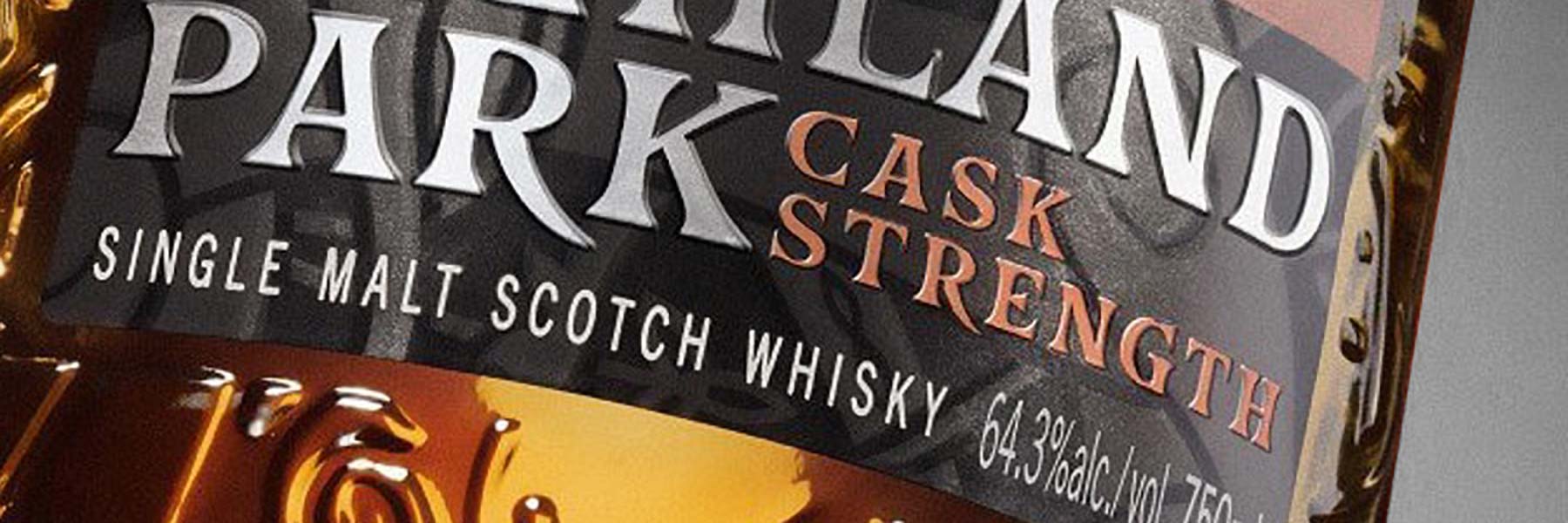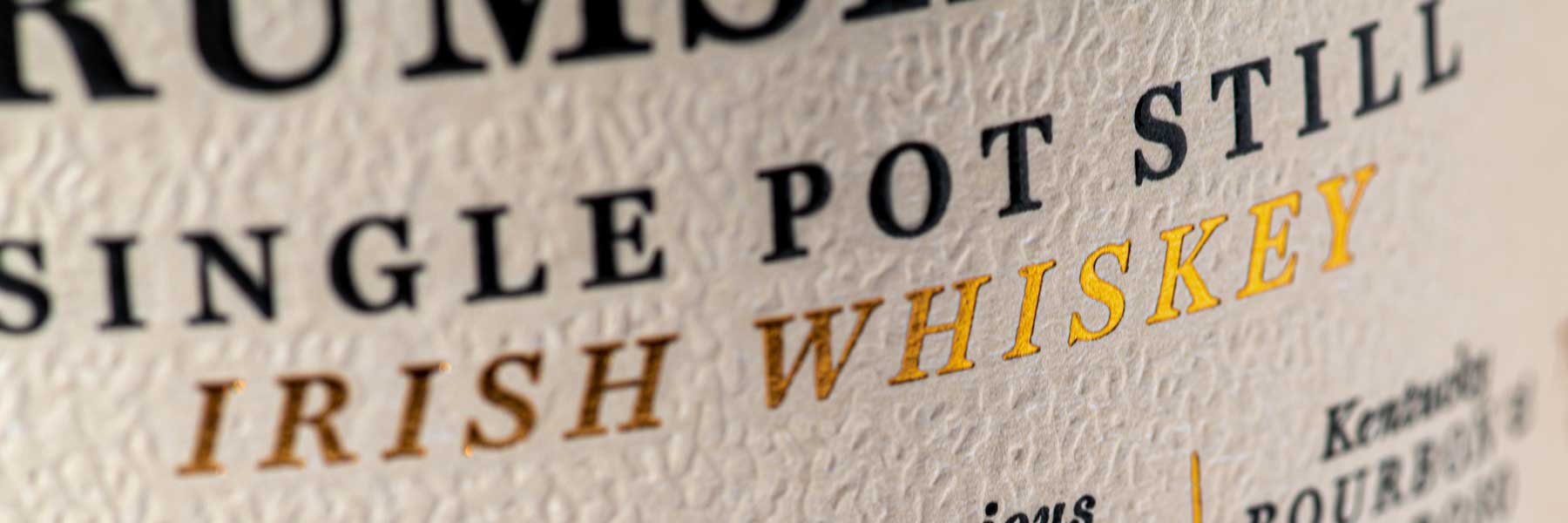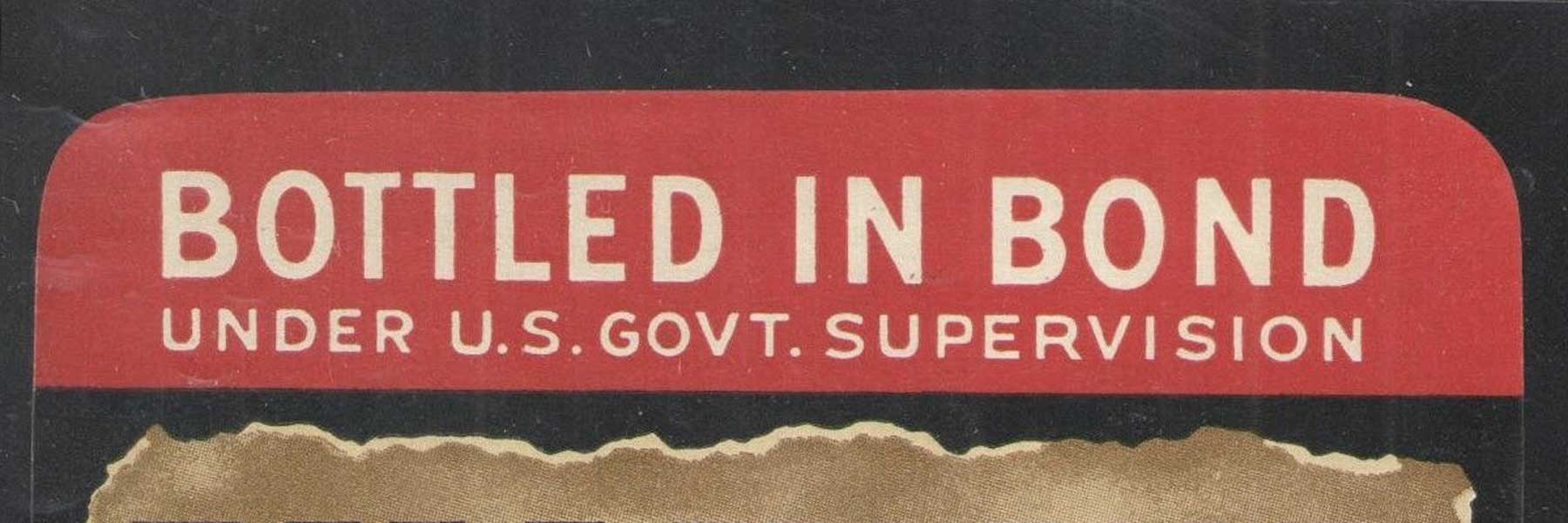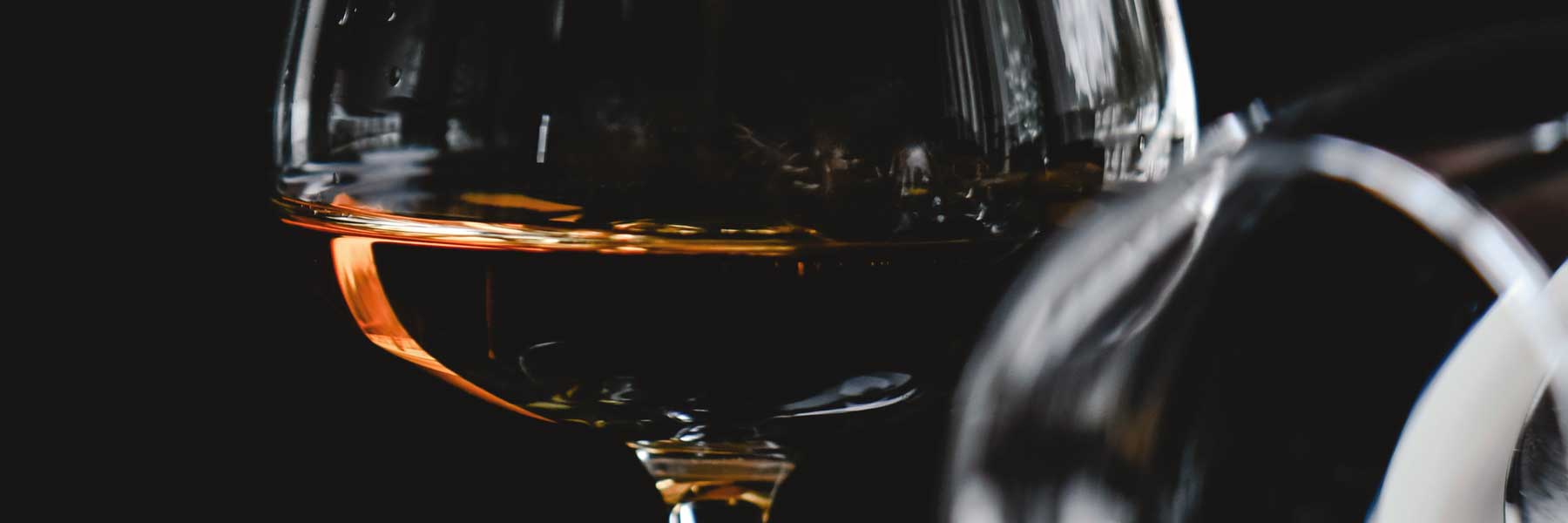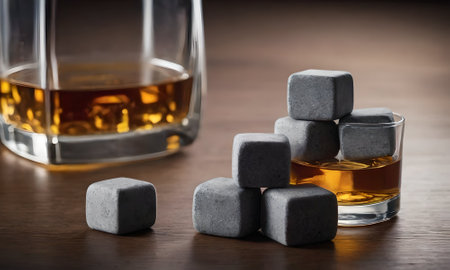What is cask strength whisky? An insight into whisky bottled straight from the cask
A whisky bottled directly from the cask with minimal (or no) dilution, thus retaining the original alcohol content after its minimum 3 year maturation period. The lack of dilution results more intense flavour experience and notably high alcohol percentage of 60% ABV (or stronger) than standard whiskies which are typically diluted to a consistent bottling strength of at least 40% ABV.
Cask-strength whisky is cherished by aficionados for its superior character and depth. Without being ‘cut’ with water, its offers an unadulterated flavour profile straight from the cask that reflects the essence of the distillery’s craft.
But is cask strength whisky better? And is it worth your investment compared to standard strength bottlings?
This article explains ‘what is cask strength whisky?’ delving into the nuances and appeal of this subtype to help you understand what sets it apart from other whiskies.
Let’s dive in.
What is the meaning of cask strength whisky?
- Cask: The wooden vessel used to mature whisky for a minimum of 3 years
- Strength: The ABV% (alcohol by volume)
- Whisky: Single malt or grain whisky
Cask strength: Refers specifically to whisky with minimal or no dilution after cask maturation. Instead it is bottled close-to or the same alcohol content it reached at the end of its ageing process which is often significantly higher than a distillery’s standard bottling strength. By law, Scotch whisky must be a minimum of 40% ABV which is why most whiskies are this strength (or occasionally slightly higher). However, cask strength whisky can range from 55% to as much as a hefty 92% ABV.
This results in a more concentrated flavour and aroma, allowing you to experience the whisky as if you were sampling it straight from the barrel in the distillery’s warehouse.
Whisky: Cask strength is a term more commonly used for both Scotch whisky or Irish whisk(e)y involving a distilled spirit made from fermented grain mash and aged in wooden casks. Although Scotch and Irish whiskies/whiskeys can differ in terms of their production processes, they’re both undiluted, high ABV% types of spirit.
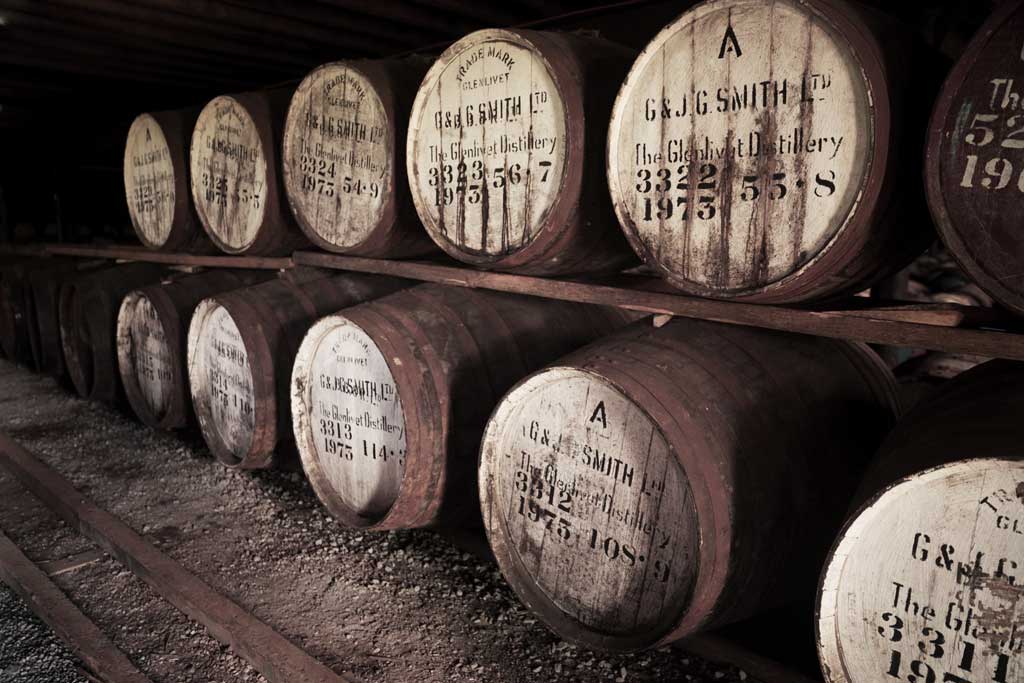
What’s the difference between barrel proof and cask strength?
Barrel proof refers to American whiskey or bourbon bottled directly from the barrel at the strength they reach during aging. This term is more prevalent in the United States.
Cask strength is more commonly associated with Scotch whisky or Irish whiskey, denoting that the spirit was bottled very close to the same alcohol content when drawn from casks with little no water dilution to adjust its strength.
While both expressions indicate a high-proof whisky, cask strength is the term you’ll likely encounter when delving into the world of Scotch whisky.
Is cask strength the same as single cask?
No. Cask strength whisky is bottled at the same/similar strength it reached after cask maturation which may come from multiple casks combined together. Single cask whisky comes from an one individual cask and may be diluted with water to reduce it’s alcoholic content.
Adding to this equation further, you may also come across a single cask, cask strength whisky which has undergone minimal/no dilution and came from a single cask.
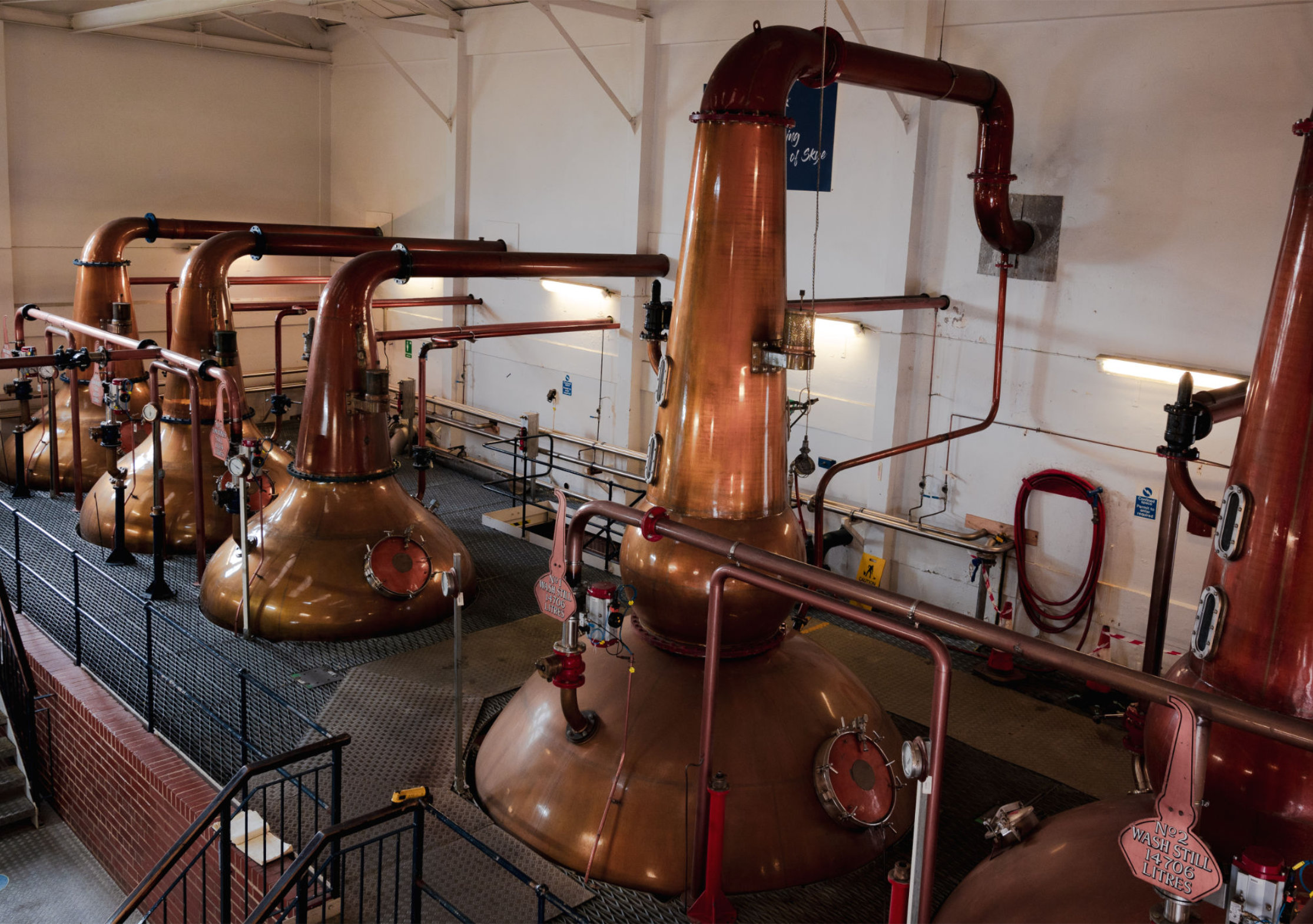
How is cask-strength Scotch whisky made?
Cask-strength Scotch whisky is crafted following the traditional methods of Scottish distillation, with one key difference: the final bottling strength.
By law, single malt Scotch whisky must be made by a single Scottish distillery using a fermented mash of 100% malted barely, water and yeast. Furthermore, the whisky must be distilled using traditional pot stills and be aged for at least 3 years in oak barrels not exceeding 700 litres in capacity.
After the whisky has been distilled, it’s then aged in casks, typically made of American oak or other woods, where it develops its flavour profile. The length of aging can extend beyond 3 years, where the whisky absorbs qualities from the wood, and the alcohol content can naturally increase or decrease due to evaporation (the angel’s share).
When the desired maturation time is reached, the whisky is drawn from the cask and is either bottled at the strength achieved during aging or diluted very slightly with water prior to bottling to achieve a consistent alcoholic strength. Inherently, cask-strength Scotch whisky offers a more intense and undiluted whiskey experience, reflecting the true character of both the spirit and the cask in which it was aged.
Is cask-strength whisky better?
Whether cask-strength whisky is better is subjective and depends on personal preference. Some whisky enthusiasts argue that cask-strength whisky offers a purer, more authentic taste, as it is closer to the liquid’s original state when it was in the cask. The higher alcohol content can also carry more complexities in the spirit, providing a richer sensory experience.
Others may find cask-strength whisky too intense or overwhelming, preferring the softer, more approachable character of whisky bottled at a lower proof. Ultimately, ‘better’ is determined by what you enjoy most in a whisky, whether it’s the bold flavours of a cask-strength dram or the milder profile of a standard bottling.
What is the point of cask-strength whisky?
The point of cask-strength whisky lies in its unadulterated purity and the full expression of its flavours. Bottling whisky straight from the barrel preserves the original character and strength of the spirit as the master distiller intended it. It represents the distillery’s craftsmanship, offering an undiluted journey into the heart of the whisky.
Cask-strength whiskies allow enthusiasts to experience the spirit in its most authentic form, allowing them to explore flavour nuances untouched by the dilution process. It also gives drinkers the flexibility to add water to their taste, customizing the intensity of the whisky to their liking.
Is cask strength whisky more expensive?
Due to several factors, cask-strength whisky can indeed be more expensive than standard-proof counterparts. The higher alcohol content means that you’re getting more whisky for your money in terms of pure alcohol. Additionally, cask-strength whiskies are often produced in smaller batches and are more exclusive, which often drives up the price.
However, the cost also reflects the quality and craftsmanship involved in making these potent spirits. The unique flavour profiles and the rarity of some cask strength expressions make them highly sought after by collectors and connoisseurs, which can add to their value. While price varies across brands and expressions, the premium nature of cask-strength whisky generally translates to a higher price tag.
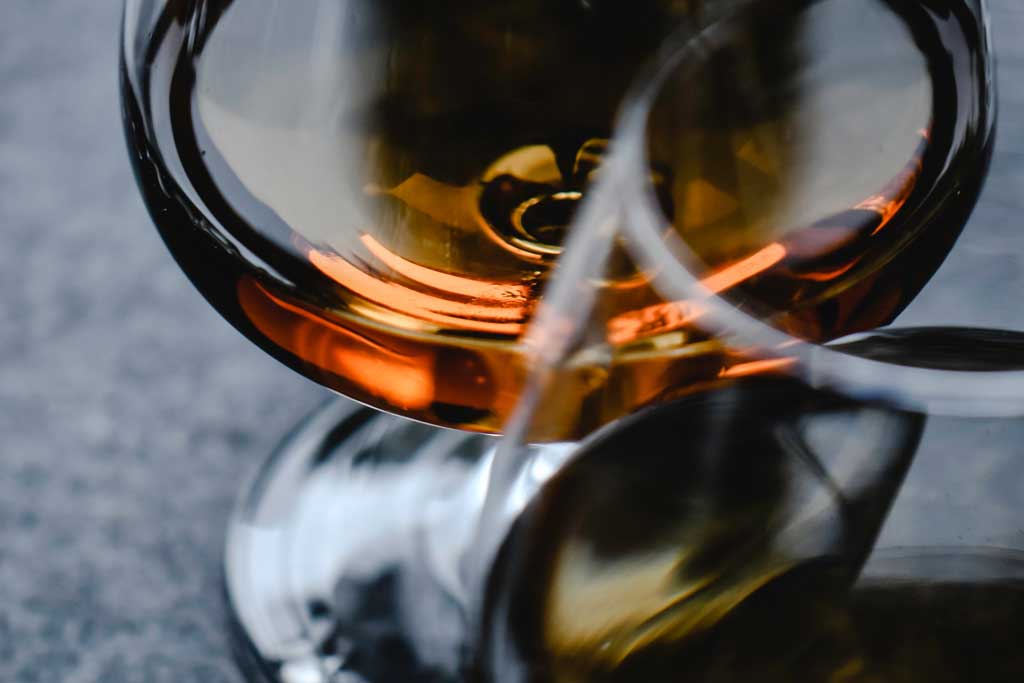
How should you drink cask strength whisky?
Drinking cask-strength whisky is a personal experience. How you choose to enjoy it will depend on your taste. Some prefer to drink whisky neat, savouring the full strength and complexities of the spirit. It allows you to experience the whisky straight from the cask as the distiller intended. For others, adding small, incremental drops of water can help ‘open up’ the whisky flavours, making them more pronounced and easier to discern.
An ice cube can also be introduced to chill and dilute the whisky slightly, which can be incredibly refreshing if the alcohol content is particularly high. Ultimately, personal preference should guide how you drink cask-strength whisky to appreciate the unique qualities this type of spirit offers.
Can you drink cask strength neat?
Yes, you can drink cask-strength whisky neat, and many whisky enthusiasts prefer it this way to appreciate the undiluted and robust flavours of the spirit. Drinking cask-strength whisky neat allows you to taste the spirit exactly as it comes out of the cask, offering an intense and immersive tasting experience.
However, due to the high alcohol content, some may find cask-strength whisky too potent when consumed neat. Adding a few drops of water or an ice cube can help tame the strength, making the whisky more approachable while maintaining its rich character. It’s all about finding the balance that suits your palate.
Cask strength Scotch whisky FAQ’s
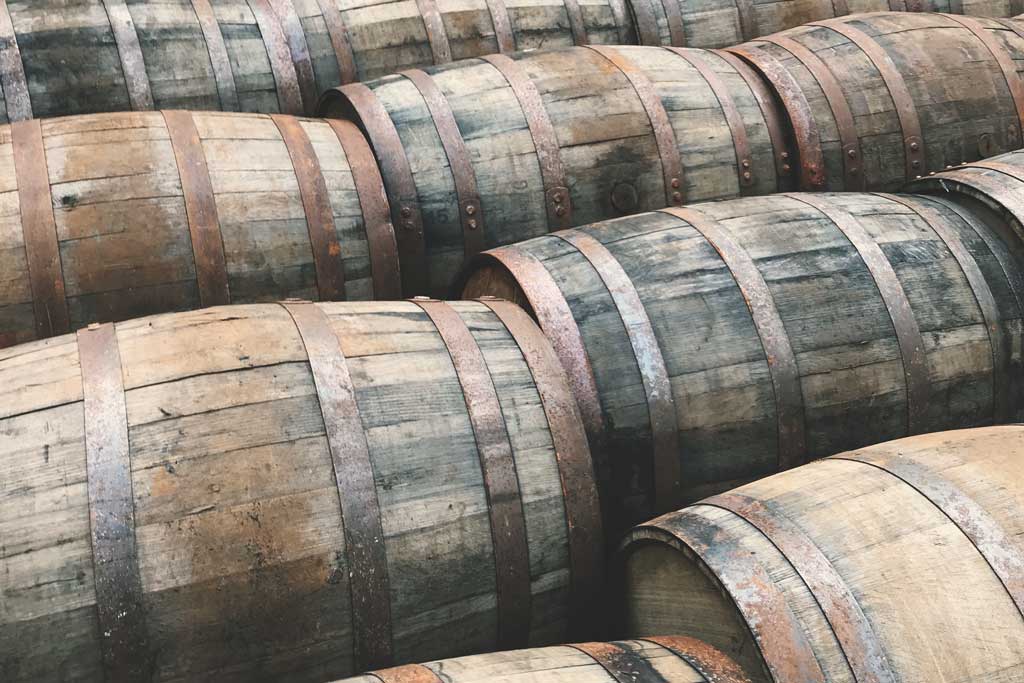
What’s the highest-proof Scotch whisky?
The highest-proof single malt Scotch whisky on record was the Bruichladdich X4. This quadrupled distilled whisky came out the barrel at 92% ABV (184 proof) before being cut down to 64.6% ABV – presumably for safety reasons. The X4 was a rare and limited edition release from the Islay-based distillery and is known for its intense and fiery character.
What’s the difference between cask strength and regular whisky?
The main difference between cask strength and regular whisky is the level of dilution. Typically a cask-strength single malt undergoes very little dilution which retains an average ABV of around 60%. On the other hand, regular whisky undergo much more dilution with ABV levels ranging between a minimum of 40% to 45% (depending on the distillery).
How many bottles of whisky do you get out of a cask?
The number of bottles you get from a whisky cask depends on several factors, including cask size, climate during cask maturation and natural evaporation. A standard hogshead cask commonly used for aging Scotch whisky holds about 250 litres of spirit which typically produced 321-357 700ml bottles.
Does cask-strength whisky last you longer?
Cask-strength whisky can last you longer due to its higher alcohol content. The potency of cask-strength whisky means that many drinkers will consume it in smaller quantities, drinking more slowly to savour the intense flavours and avoid rapid inebriation.
What are the 5 types of Scotch whisky?
- Single malt Scotch whisky
- Single grain Scotch whisky
- Blended malt Scotch whisky
- Blended grain Scotch whisky
- Blended Scotch whisky
- Cask strength Scotch whisky (this article)
Conclusion
In the world of whisky, cask strength is a term that represents purity and robust flavour. Whilst not every distillery offers cask strength expressions, it’s a style that offers a direct experience of their craftsmanship, untouched by dilution. Whether you’re a seasoned enthusiast or a curious newcomer, understanding the nuances of cask-strength whisky can enhance your appreciation for this spirited craft.
Cask strength whisky is a potent category that far exceeds the standard ABV levels of core expression bottlings. It may come with a higher price tag, but for those seeking an unadulterated taste of whisky, cask strength represents a purer essence of the whisky’s journey to your glass.


